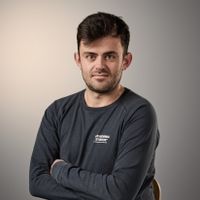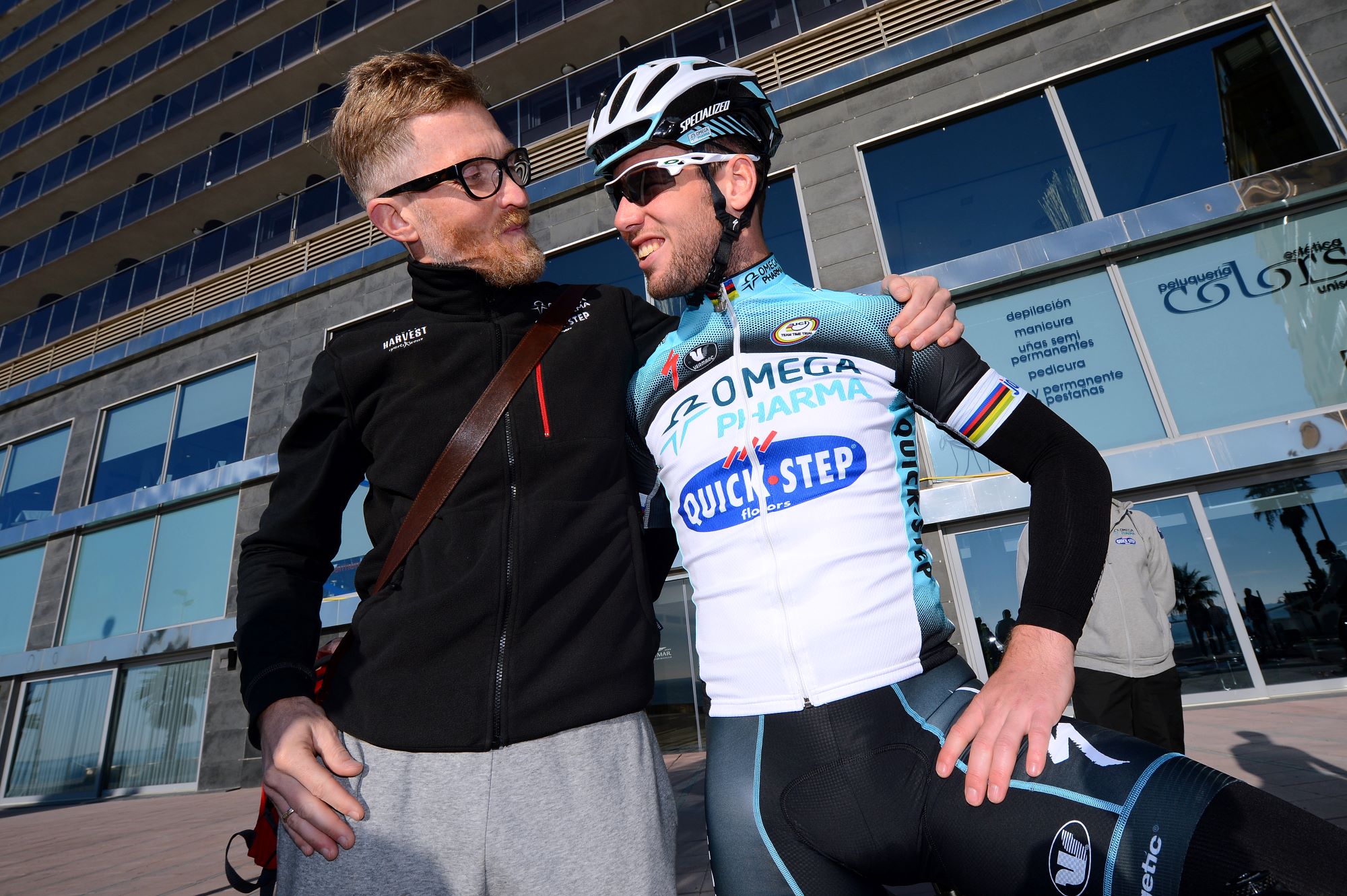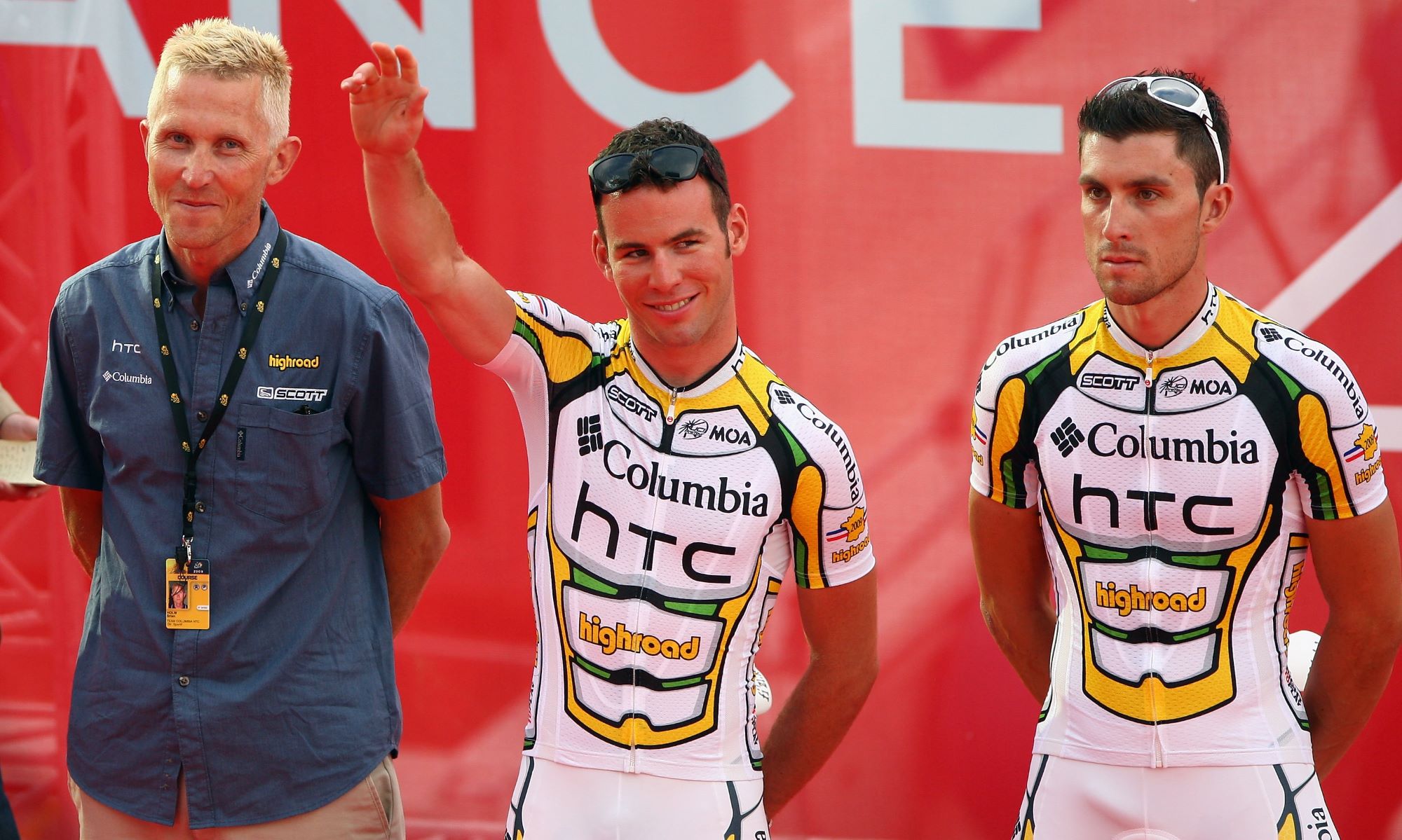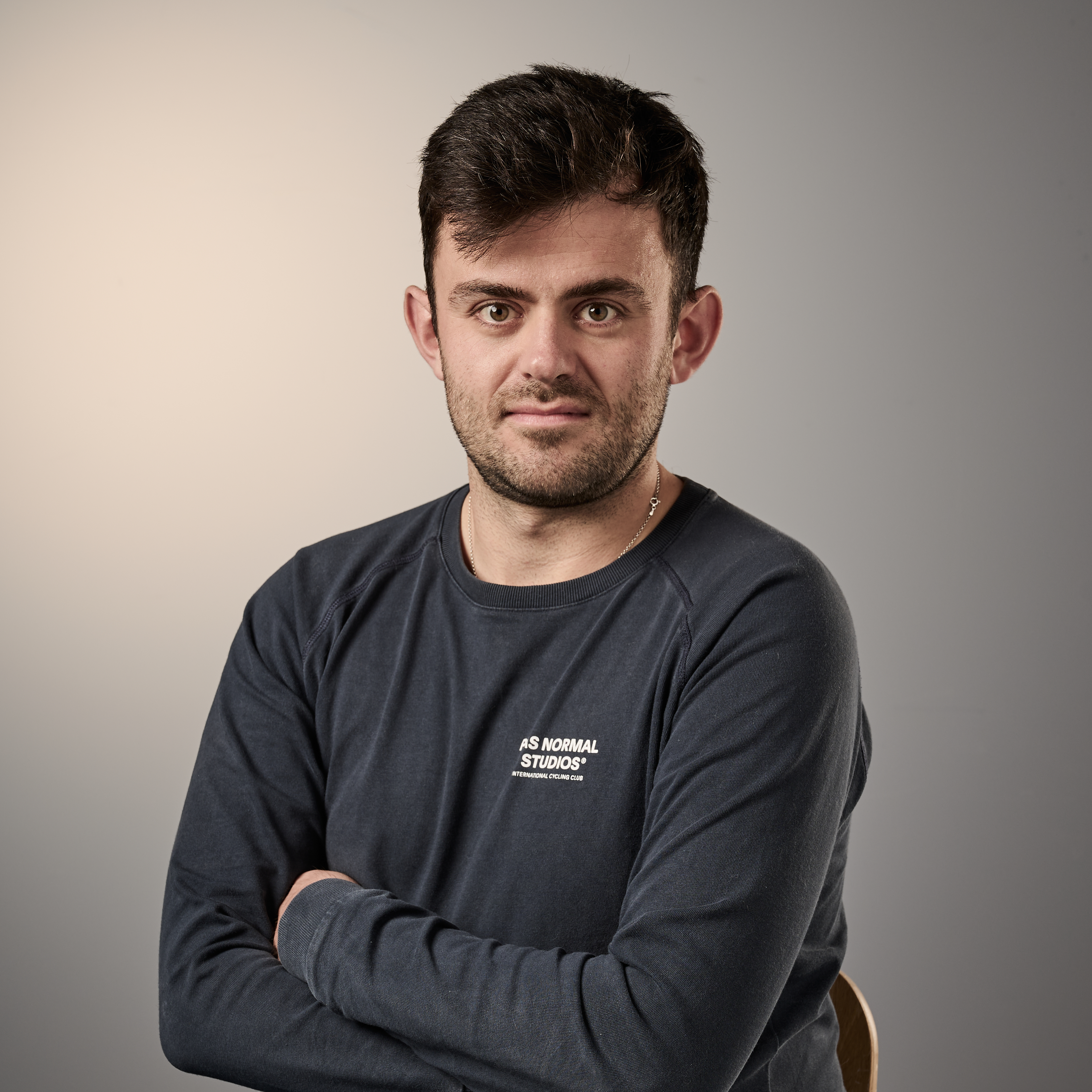'I used to be a bricklayer - I took a pay cut to become a cyclist': Brian Holm on his time in the peloton
The former Danish pro and well known sports director tells Cycling Weekly about his early days in cycling, including when he proved his school teachers wrong


Brian Holm is a former Danish professional cyclist and sports director. During his long career in the sport, Holm coached the Danish national team and was a DS for Team Telekom up until it became HTC-Highroad. Holm has been credited as being a big influence on the career of Mark Cavendish in the early days. His final stint in management was for the Quick-Step team, before he retired at the end of 2022.
What got you into cycling and made you want to consider it as a career?
I didn't really like cycling because I was not very good at it at first, I didn’t really train or enjoy it. Back then in the 70’s and 80’s you couldn’t really make a career from it as there was no money, even as a professional.
Once a second year junior, I started with a coach, Leif Mortensen, who made a training programme for me and I almost won every single race I did. I went from being zero for the first eight years to almost winning everything.
I made more money as a bricklayer back then. I had to actually go down in salary with that because I then went pro. At that point that's when you start dreaming about winning the Tour of Flanders or Paris-Roubaix. That was the dream that kept me going and kept me alive.
Did you have a particular cycling hero growing up? If so, who was it?
I had three or four actually. First of all, back then I was much more into Formula 1 than cycling in the 70’s and really liked James Hunt, the British driver. Cycling wise though, my first heroes were Francesco Moser and Roger de Vlaeminck.
The latest race content, interviews, features, reviews and expert buying guides, direct to your inbox!
I had a poster of Moser on my wall. He was probably living like a young Mathieu van der Poel or Wout van Aert back then. Moser was my biggest hero.
What was the first race you remember watching?
I went along with my mother to watch the Tour de France in 1976. I still have the pictures actually. I remember looking at all the cars in the race, the service cars I remember best.
Otherwise my amateur club actually arranged the Madison Six Days of Copenhagen so I worked at the track on that every winter from the mid-80's. I was the programme boy, so I made a bit of pocket money. I saw all the names then, I actually saw Gary Wiggins, the father of Bradley, he was always there.

What was your first bike?
It was a white Peugeot, my mother bought it for me in 1971. It had mudguards on it for the rain. I used to always ride to school in Copenhagen and stuff like that.
When I was racing, my mother would allow me to just take off the front mud guard as she always said, "If you don’t have it behind, you’ll get dirty when it’s raining."
I can tell you though that to go to a race with a mudguard on was not very nice! I got some stick from the other guys, I was not Mathieu van der Poel then, I can tell you.
What’s the best place your career has taken you to?
Oh, it's probably to Belgium. My trainer, Mortensen, finished his career at a Belgian team but he hated Belgium. He hated it, the rain and the cobbles, because he was a Grand Tour rider.
But the first time I went to Belgium, it felt like home with all of the rain, the cobblestones and the general mentality. I remember I was living just a few kilometres from Sean Kelly.
If you hadn't ended up working in cycling, what do you think you would have done?
To be honest with you, I’d probably have ended up being a bricklayer. I had a quite good Olympics on the track in 84 in the 4,000 metres but then a very unknown American team beat us.
Our time was enough to get a medal but the Americans came out of nowhere, the year after I went to the road but then I thought about quitting cycling and deciding to buy some property. I saw a building in Copenhagen, I thought I would buy it, fix it up as a bricklayer and then sell it again but I remember the bank I went to wouldn’t give me a loan to buy it so I went back to being a bricklayer again.
To be honest, without turning pro I’d probably still be a bricklayer today.

What's your favourite memory from your time in the sport?
For me, it’s when I was junior national champion in 1980. The day when I won that jersey was the first time in my life that I really knew I was good at something. Where I grew up in Copenhagen, the teachers actually always told me that I was a zero and wouldn’t get by in life.
They didn’t do much in that neighbourhood or at the schools where I grew up to motivate the young kids. They actually always told me that I would be a big zero and that I was a loser.
So the day I was in the local paper in Copenhagen, as Danish national junior champion, actually on the front page, I remember sitting there thinking, "F**k you guys!" That really gave me so much confidence and belief that I had never had before.
As a kid I was very small for my age, I didn’t really start growing until I was a teenager, almost 17 or 18. I was always small, stuttering, but that gave me so much confidence that I’ve carried through for the rest of my life. I still see similarities between me back then and some other younger riders today.

After previously working in higher education, Tom joined Cycling Weekly in 2022 and hasn't looked back. He's been covering professional cycling ever since; reporting on the ground from some of the sport's biggest races and events, including the Tour de France, Paris-Roubaix and the World Championships. His earliest memory of a bike race is watching the Tour on holiday in the early 2000's in the south of France - he even made it on to the podium in Pau afterwards. His favourite place that cycling has taken him is Montréal in Canada.